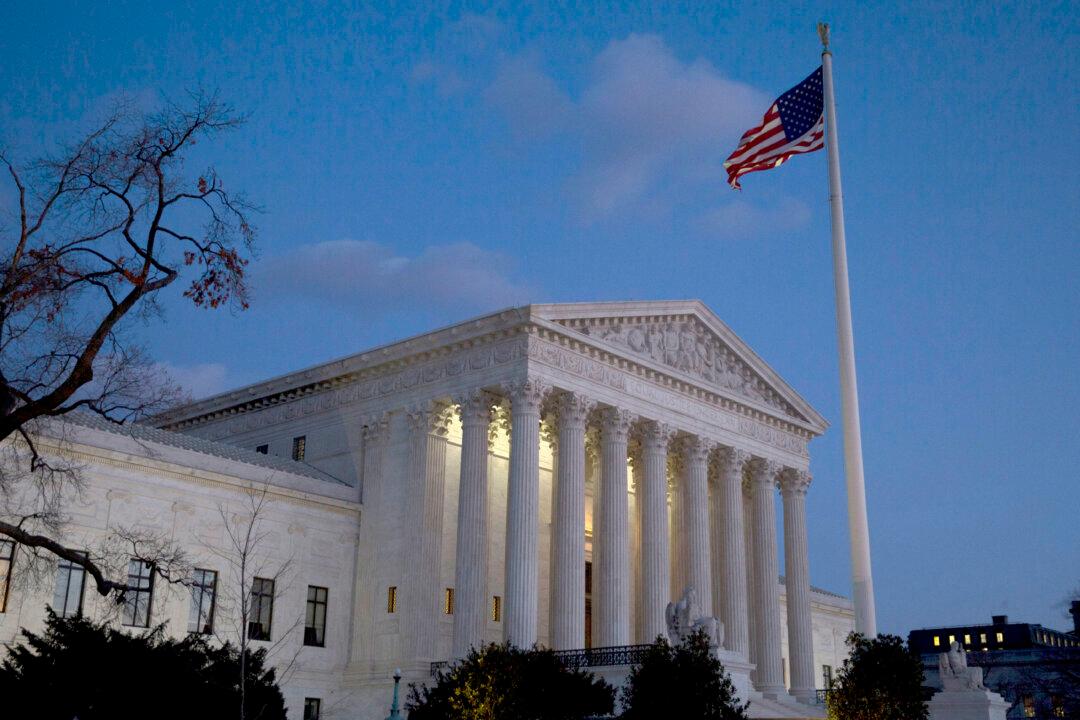A further 20 House Republicans have added their names to a legal brief in support of the Texas Supreme Court case that challenges the 2020 election results.
Yesterday, 106 Republican representatives gave notice of their intention to file a brief in support of the plaintiff’s case against four battleground states. That number had risen to 126 by the time the request was formally filed (pdf) today.





